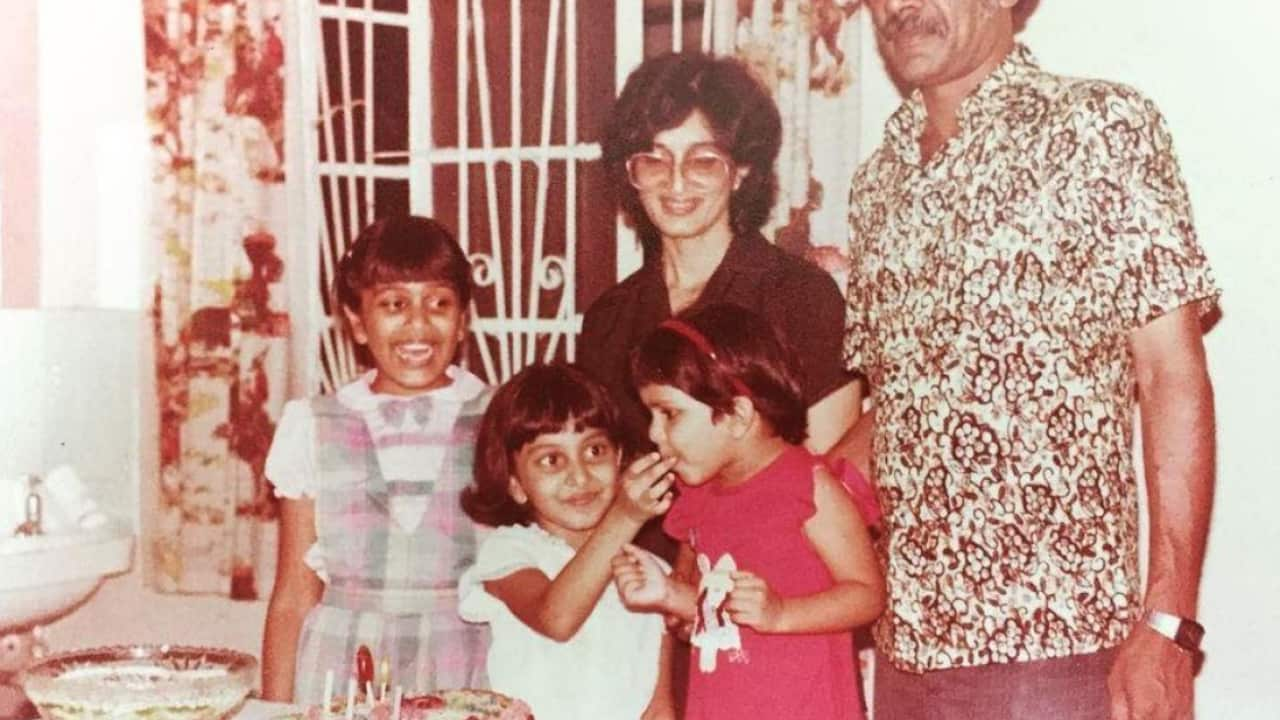As a primary school pupil in Malaysia, I came home one day in tears because a classmate said something cruel to me. My gentle mother – usually calm and non-confrontational – morphed into a fiercely protective Mama Bear. The next day, she marched into my school to give the seven-year-old offender a stern telling-off. I was simultaneously embarrassed by her actions and grateful for her support. The mean girl never bothered me again, and I witnessed the full power of my mother’s love.
I am now a mum of three, living in Australia. When our children have friendship issues, my instinct is to go full throttle Mama Bear. I have the genes, after all. I want to leap in and be the Solver of Problems, the Mender of Broken Spirits, the Shield against Meanness. However, as much as I want to protect these little souls, I cannot always be there to save them. Besides, reprimanding someone else’s child is severely frowned upon, and school grounds are now parent-free zones. Sure, some issues need intervention (some even require growling) but most can be resolved without this.
Standing up for our children can sometimes mean sitting down with them and talking things through.
Standing up for our children can sometimes mean sitting down with them and talking things through. So, I resist the urge to produce a ready-made solution and try instead to give them the tools to come up with their own. This is not easy, but the result is usually a problem solved and a spirit mended.
Similarly, allowing our children to make their own mistakes does not come naturally to me. It requires a conscious effort to let go. Forgot your homework? Oh well. You’ll need to explain it to your teacher. (Stop myself from racing home to grab homework book.) Lost your school hat? Tough. Looks like you’ll be playing in the shade until you find it. (Berate myself for considering buying new hat, knowing the old one will inevitably turn up if Child puts in effort to look for it.)
Most of the things we do differently are due to one major factor. When my two sisters and I reminisce about growing up in Malaysia, many of our memories are linked to the large, extended family that played a significant part in our childhood. We had grandmothers, aunties, uncles and cousins who we saw every week. If it takes a village to raise a child, my parents were never short of helping hands, including the ones they offered to others. We had an inherent sense of belonging.
When my two sisters and I reminisce about growing up in Malaysia, many of our memories are linked to the large, extended family that played a significant part in our childhood.
Not uncommon for a Malaysian home, my childhood did not include any form of sleep-training. Teaching a baby to self-settle wasn’t required because there were enough people around to hold or rock the baby to sleep. That was just the way. Our weekend family gatherings continued late into the night, and we never had a defined bedtime.
In contrast, my husband and I migrated to Sydney, where we have no family. My mother lives in Malaysia. My in-laws, sisters and nieces live in England. Like many of my friends who are also migrant parents without family close by, we had to implement a routine or prepare to face the consequences. For my parents, there was no need to secure a daycare spot from the maternity ward. When my mother went back to work, my grandmother looked after me. There was no after-school care. My grandmother welcomed us home from school with a hot meal and a warm hug. There was always an auntie or older cousin to take us under their wing and provide additional culinary or emotional nourishment if required.
For my parents, there was no need to secure a daycare spot from the maternity ward. When my mother went back to work, my grandmother looked after me. There was no after-school care. My grandmother welcomed us home from school with a hot meal and a warm hug. There was always an auntie or older cousin to take us under their wing and provide additional culinary or emotional nourishment if required.

Seetha with her husband and children in Sydney. Source: Supplied
Our children have no cousins to grow up alongside. Grandma can’t bake after-school treats with them every Friday or have them round for sleepovers. Our village is different to the one I had. Still, we’re so lucky to have filled it with wonderful friends, lovely neighbours and an unbreakable thread that connects us to family overseas.
When I look back on my childhood in Malaysia, it is with fondness. Despite us doing things differently with our children, I hope they will also one day look back and smile. In the meantime, I’m doing my best to create happy memories and, as my parents did, to put love behind everything I do. For in the end, isn’t that what parenting is about? Doing the best you can with the tools you have access to and accepting that there isn’t one perfect path.
For in the end, isn’t that what parenting is about? Doing the best you can with the tools you have access to and accepting that there isn’t one perfect path.

Seetha with her mum and sisters when they were kids Source: Supplied
As author Jill Churchill puts it, “There is no way to be a perfect mother, and a million ways to be a good one.”
To my Mama Bear in Malaysia, who now seems so much further away than an eight-hour flight, thank you for all your sacrifices. Our parenting journeys may be very different, but my path, like yours, is paved with love.
Seetha NambiarDodd is a freelance writer.
This article is part of a series on Multicultural Motherhood, exploring diverse experiences of birth and parenting, edited by Saman Shad.





